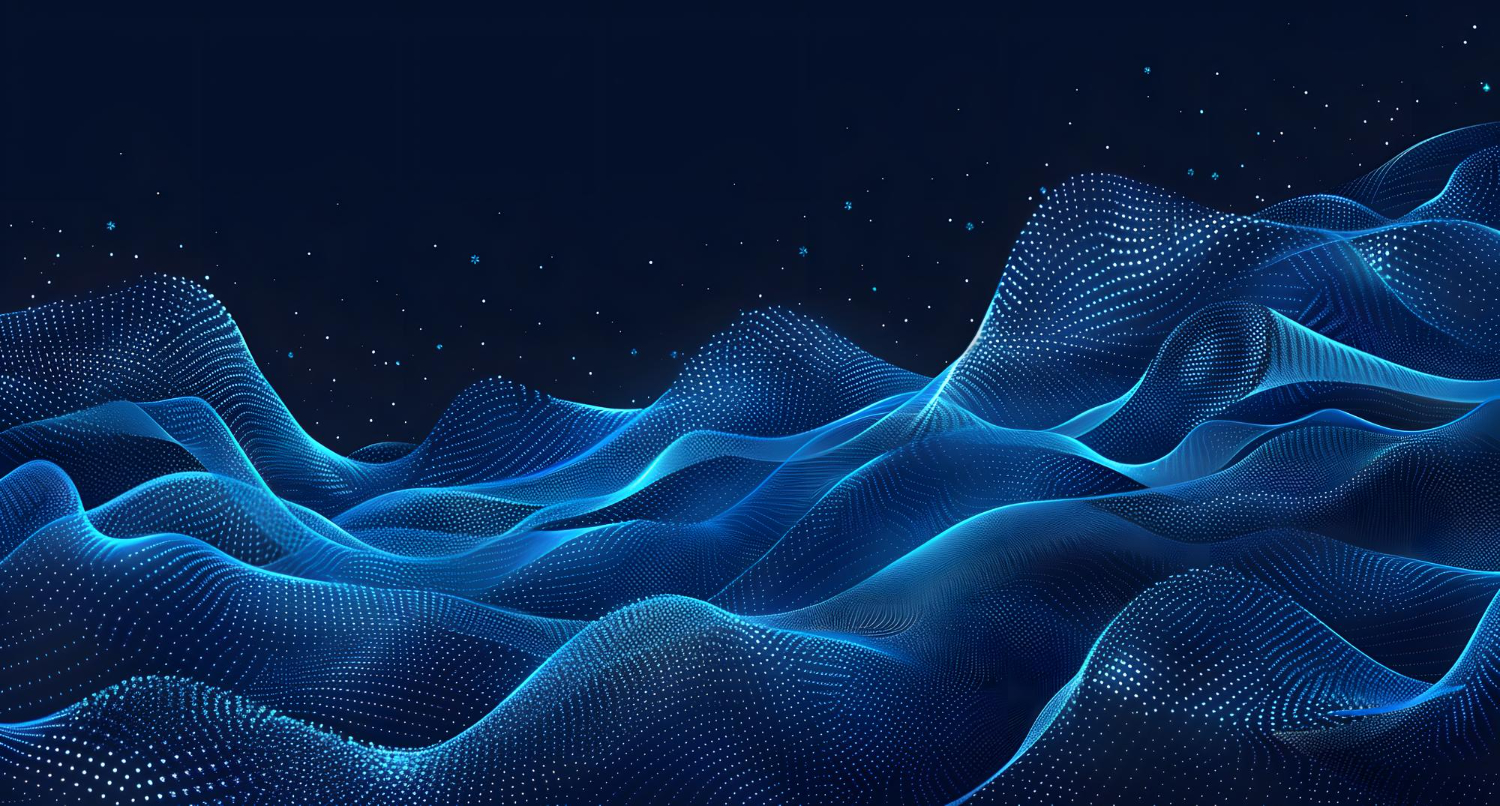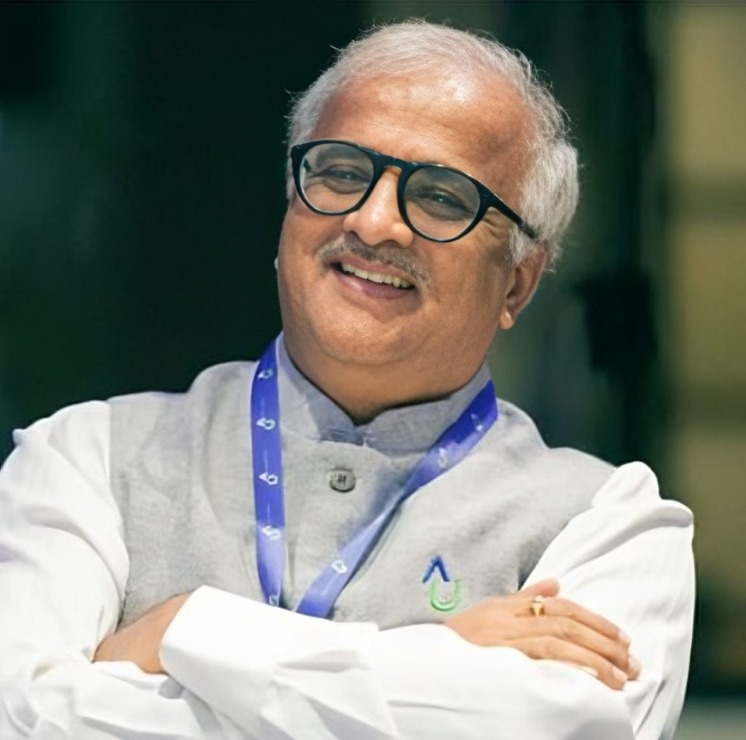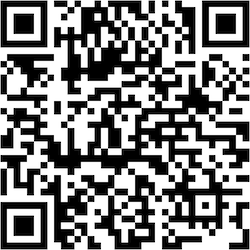
Stay tuned for important updates regarding IMCL2025! Key dates, including submission deadlines, registration periods, and program announcements, are shown in the table. Nevertheless, it’s essential to keep an eye on our communications to ensure you don’t miss any critical information about the conference.
| Date | Activity | |
|---|---|---|
| 12 May 2025 | – Submission of structured abstracts (for full and short papers) for the main conference – Submission of Special Session proposals | |
| 14 May 2025 | Notification of acceptance and announcement οf Special Sessions | |
| 19 May 2025 | Notification of acceptance for abstracts for the main conference | |
| 30 Jun 2025 | Upload and submission of: (i) complete papers for all submission types (ii) proposals for round tables, workshops, tutorials | |
| 21 Jul 2025 | Submission of: (i) full papers and short papers for the second round | |
| 13 Aug 2025 | Notification of acceptance | |
| 29 Sep 2025 | Late paper submission | |
| 20 Oct 2025 | Camera-ready due/Final upload | |
| 20 Oct 2025 | Author registration | |
| 19 Nov 2025 | IMCL2025 Conference Opening | |
Will be available in time. Please continue to check this website for updates.

Founder & Executive Director, IUCEE and Dean Emeritus, University of Massachusetts Lowell, USA
Learner-centric pedagogy is the key to improving the quality of teaching and learning processes. Technological tools, enhanced by Artificial Intelligence, make it possible for us to be more effective in designing curricula, creating dynamic classroom environments and improving formative assessment strategies. Our improved understanding of brain science is guiding us in the strategic use of these technological tools.
Faculty at several higher education institutions in India, under the Indo Universal Collaboration for Engineering Education (IUCEE), have started exploring these approaches, in their efforts to produce better quality graduates who can contribute to industry and society. In this talk, some initial results from their work will be presented.
Dr. Krishna Vedula is Founder & Executive Director, Indo Universal Collaboration for Engineering Education (IUCEE) and Dean Emeritus, University of Massachusetts Lowell, USA.
Dr. Vedula has B.Tech (IIT Bombay, 1967), M.S. (Drexel University, 1969) and Ph.D. (Michigan Tech University, 1980) degrees in Materials Engineering. He has 40 years academic teaching and research experience in materials science and engineering as well as in engineering administration, at Case Western Reserve University, Iowa State University and University of Massachusetts Lowell in the US. He has received numerous awards in recognition of his global leadership in engineering education including ASEE Fellow (2011), ASM Fellow (1995) and was President, International Federation for Engineering Education Societies (IFEES), 2010-12. Dr. Vedula is Chief Editor, Journal of Engineering Education Transformations and has been Co-Chair of eight International Conferences on Transformations in Engineering Education.
Dr. Vedula is now based in Hyderabad, India, working with IUCEE to improve quality and global relevance of engineering education in India. During the past 17 years, IUCEE has catalyzed significant transformations in engineering education in more than 100 institutions all over India.

Chancellor of Atria University, Chairman of Atria Power, Bengaluru, India
Artificial Intelligence is not arriving slowly—it is unfolding at an unprecedented pace. While the internet took nearly fifteen years to reach widespread adoption, AI has achieved mass global penetration in less than three. This acceleration is not just about speed, but about breadth: AI is simultaneously encroaching on multiple sectors once thought immune to automation, redrawing the boundaries of relevance for industries, education systems, and corporations worldwide.
Entire domains face the risk of becoming null and void: routine outsourcing in Global Capability Centers, entry-level knowledge work in law and finance, compliance-driven corporate functions, and even pedagogical roles in traditional education. The disruption is amplified by Agentic AI and autonomous AI agents, capable of independently planning and executing workflows—erasing the need for human involvement in areas that once sustained millions of jobs.
Yet the very technologies that disrupt also create opportunities for reinvention. To stay relevant, corporations must embed AI agents into workflows strategically, shifting human focus toward judgment, governance, and creativity. Education systems must pivot from rote delivery to orchestrating human–AI learning partnerships. Societies must prioritize re-skilling at scale and design regulatory frameworks that ensure AI remains aligned with human values.
This keynote explores not only the threats of AI’s encroachment, but also the pathways toward resilience, highlighting how humanity can remain relevant in a world where intelligence is no longer exclusively human.
Mr. Sunder Raju is a visionary whose contributions to education, technology, renewable energy, and social transformation have shaped lives and inspired generations.
He is not just a name but a legacy of innovation and nation-building. As Chancellor of Atria University and Trustee of Atria Institute of Technology, he has redefined the very framework of learning—fusing liberal arts with STEM, championing project-based education, and nurturing future-ready minds. His belief in accessible, purpose-driven education resonates across every institution he has touched.
But his journey began decades ago, in 1981, with the founding of Sunray Computers—India’s first to introduce the 32-bit UNIX architecture. This pioneering spirit continued with Atria Convergence Technologies (ACT), today connecting over two million homes. As Chairman of Atria Power, he has led the creation of over 500 MWp in clean energy capacity across the country.
From powering homes to empowering communities, Mr. Raju's leadership extends through the Atria Foundation and the transformative Project Chittoor, a 600-acre rural ecosystem model blending agriculture, education, wellness, and technology. Through these efforts, he has helped deliver over 1.5 crore free meals to the underprivileged and built a blueprint for dignified, self-reliant village life.

Chairman of EduNet World Association, Germany
Technical education is facing profound change: While digitalization is advancing rapidly, access to high-quality, practice-oriented training remains limited in many regions. The Edunet World Association (EWA) aims to create new opportunities for high-quality, practice-oriented technical training for all learners worldwide through open and networked learning infrastructures.
Launched in 2024, the Global Remote Lab Initiative – a collaboration with IAOE and LACCEI – aims to create a sustainable infrastructure for digital learning labs in engineering education based on modern cloud and IoT technology that is open, scalable, and globally available.
Artificial intelligence is also playing an increasingly important role in this: It can personalize learning processes, support learners with intelligent assistance systems, and contribute to process optimization in digital teaching and learning factories such as the All Electric Society (AES) Campus in Zhengzhou, China. The AES Campus is an international flagship project for cloud-based, energy-autonomous, and AI-supported manufacturing for the smart and green manufacturing of the future based on the principles of the All Electric Society – developed with state-of-the-art automation technology and supported by EWA. The AES Campus is intended to demonstrate how Industry 4.0, sustainability, and education can be interconnected.
To ensure the quality of these new global learning formats and make them internationally comparable, EWA is currently developing a comprehensive Certification System for courses, trainers, and institutions. This system not only enables the recognition of continuing education achievements across national borders but also supports the strategic integration of partners from industry and business.
The keynote address will demonstrate concrete ways in which education, technology, and international partnerships can contribute to implementing the goal of SDG 4 – quality education for all – in practice.
EWA invites education stakeholders, companies, and policymakers worldwide to help shape a global, smart education ecosystem – with a special focus on sustainable partnerships and pilot projects in India.
Prof. Dr.-Ing. Reinhard Langmann is a co-founder and the Chairman of the EduNet World Association e.V. and a board member of the German association New Automation e.V.
He was a full professor for Process Infomatics at the University of Applied Sciences in Düsseldorf from 1993 to 2022. He has been working in the field of automation and real-time systems since 1983, with a special focus on Internet technologies in industrial automation since 1996.
Dr. Langmann has participated in national and international research projects as coordinator and co-coordinator on the topic of Industry 4.0 & Future Engineering Education and has authored 9 textbooks and more than 50 papers in professional journals, as well as about 75 presentations at national and international conferences. He is a member of several scientific programme committees and editorial boards of scientific journals.

Portuguese National Agency for Science & Technology
In Science, Technology, Engineering and Maths (STEM) education, lab-based classes play an important role by allowing students to acquire experimental skills, as part of their training. This vital role is evidenced by a seminal paper authored by Feisel & Rosa (2005), which proposes a list of 13 fundamental objectives of instructional laboratories in undergraduate engineering degrees. This same paper also addresses the potential of combining different lab environments, like remote and virtual labs. The trend to expand the boundaries of traditional – hands-on – labs to the cyberspace, creating a new type of non-traditional – virtual and remote – labs has gained momentum with the COVID-19 pandemic. Nevertheless, this trend has roots that can be traced back to almost 30 years ago, as acknowledged by Froyd, Wankat & Smith (2012).
More recently, Artificial Intelligence (AI) has been impacting the entire educational landscape, with a particular emphasis on generative AI tools. This trend is clearly affecting enegineering education, although examples linked to the acquisition of experimental skills, specially through non-traditional labs, are still scarce. Noticeably, a recent example already showcases antiplagiarism and AI immunity features (Toh and Buchanan, 2025), which suggests AI being seem as a foe rather than as a friend.
The keynote will address this thematic, i.e., is AI a friend or a foe regarding traditional and non-traditional laboratories, or can this condition be controlled by a proper lab and/or instructional design?
Feisel, L.D. and Rosa, A.J. (2005), The Role of the Laboratory in Undergraduate Engineering Education. Journal of Engineering Education, 94: 121-130. https://doi.org/10.1002/j.2168-9830.2005.tb00833.x
J. E. Froyd, P. C. Wankat and K. A. Smith, "Five Major Shifts in 100 Years of Engineering Education," in Proceedings of the IEEE, vol. 100, no. Special Centennial Issue, pp. 1344-1360, 13 May 2012, https://doi.org/10.1109/JPROC.2012.2190167
B. Y. Toh and N. Buchanan, "Rapidly Deployable Remote Analogue Electronics Lab with Antiplagiarism and AI Immunity Features," 2025 IEEE Global Engineering Education Conference (EDUCON), London, United Kingdom, 2025, pp. 1-7, https://doi.org/10.1109/EDUCON62633.2025.11016524
Gustavo R. Alves graduated in 1991 and obtained a PhD in Computers and Electrical Engineering in 1999, from the University of Porto, Portugal. He is affiliated with the Polytechnic of Porto - School of Engineering, since 1994, where he holds a position as Associate Professor, with Habilitation. He currently serves as the Head of the Centre for Innovation in Engineering and Industrial Technology (CIETI), an R&D unit recognised by the Portuguese National Agency for Science & Technology.
He has authored or co-authored 280+ publications, including book chapters, conference and journal papers with a referee process, and also co-edited 3 books. Together with Javier García-Zubía and Unai Hernández-Jayo, from the University of Deusto, Spain, he authored the “VISIR handbook” (2024), which demonstrates many of the real (remote) experiments that can be achieved and replicated with this laboratory.
His research interests include engineering education and remote laboratories. He was involved in 20+ national & international research projects. He served as general chair of the REV2014, TEEM2015, EDUCON2020, and TAEE2020 conference editions. He also served as Associated Editor for IEEE-TLT and IEEE-RITA. Dr. Alves is Vice-President of IAOE, an IEEE senior member, and a member of IGIP, the Portuguese Order of Engineers (OE), and the Portuguese Society for Engineering Education (SPEE), where he served as President (2018-2020).
The program can be found in the submission system: https://www.conftool.com/imcl-conference-2025/sessions.php.
The program is also available in the Conference4me Mobile App. Either flash the code or visit http://conference4me.eu/download/ to download the version that suits your device.

Will be available in time. Please continue to check this website for updates.
Registration will be done through the ConfTool® Submission Server.
Please note that all bank charges are at the expense of the debitor.
Registrations without full payment or the necessary proofs (i.e., membership, student card, etc.) are not valid.
All cancellations or changes must be sent in writing to the e-mail address: info@imcl-conference.org .
| IMCL2025 – Author and Participant Registration | Early Bird Fee until 20 Oct 2025 | Standard Fee after 20 Oct 2025 |
|---|---|---|
| Author – Regular1,6 | 420 EUR | N/A |
| Author – Members of IAOE, IELA, IGIP1,4,6 | 390 EUR | N/A |
| Author – from India1,6 | 19,250 INR | N/A |
| Author – Student1,2,3,6 | 215 EUR | N/A |
| Author – Low-income Countries1,5,6 | 215 EUR | N/A |
| Participant (no paper) – Regular5 | 390 EUR | 410 EUR |
| Participant (no paper) – Low-income Countries5,6 | 195 EUR | 215 EUR |
| Participant (no paper) – Student3 | 195 EUR | 215 EUR |
| Participant (no paper) – Members of IAOE, IELA, IGIP4 | 340 EUR | 370 EUR |
| Options | ||
| Additional Paper (max 2)1 | 150 EUR | N/A |
| Conference Dinner | 80 EUR | |
| Accompanying Person5 | 120 EUR | |
| Social Program | TBD | |
Copyright: IMCL, Hosting: International Association of Online Engineering (IAOE), Website: Sebastian Schreiter / Agencia 609, DuocUC
Photo credits: Bengaluru Palace: Basavarajmin21, CC BY-SA 4.0', via Wikimedia Commons, UB City Building: KshitizBathwal / Skyscape Photography, CC BY-SA 4.0, via Wikimedia Commons, Kote Venkataramana Swami temple: Dineshkannambadi, CC BY-SA 4.0, via Wikimedia Commons